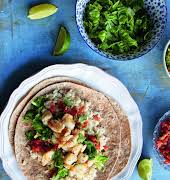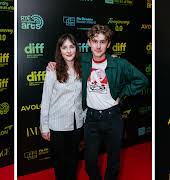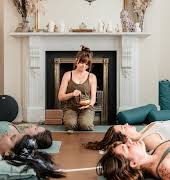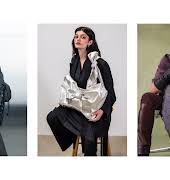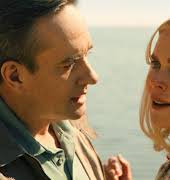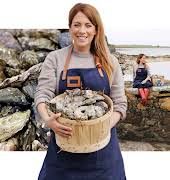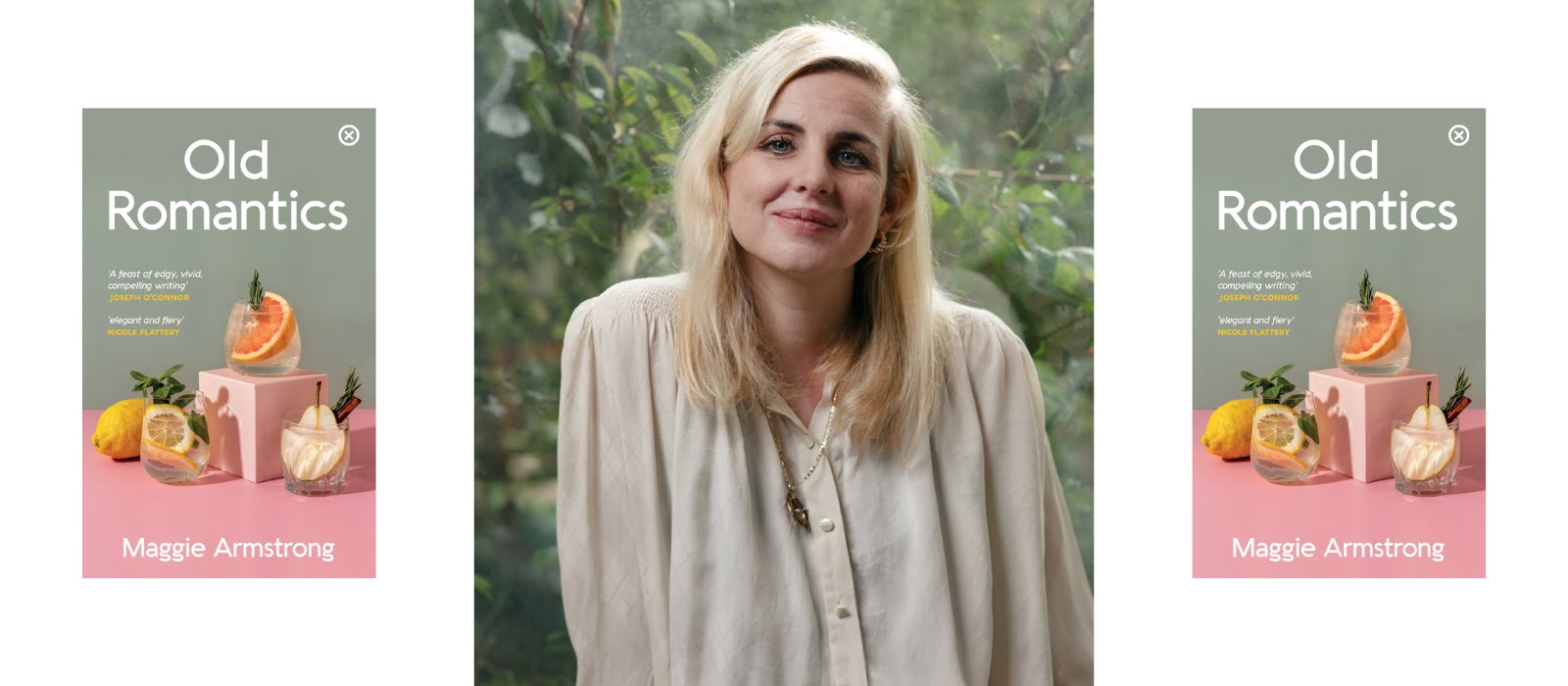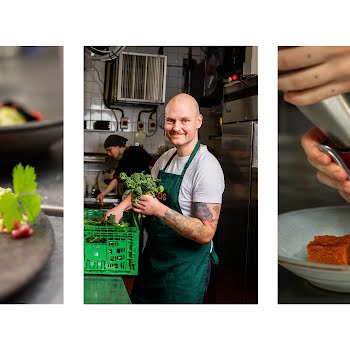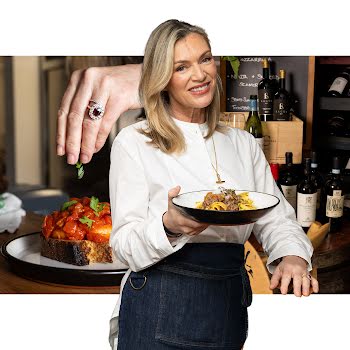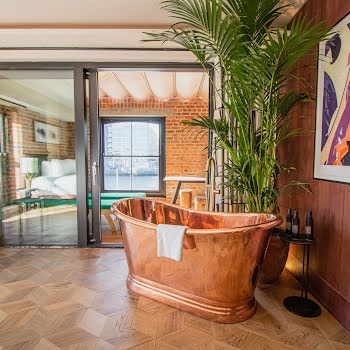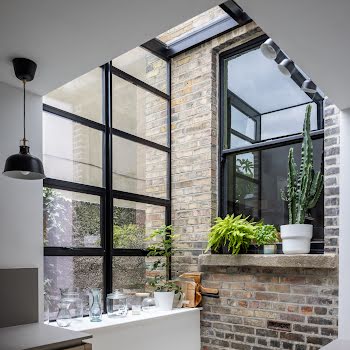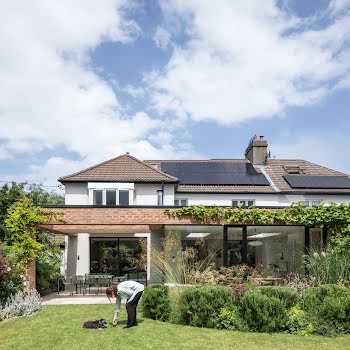‘There’s a claustrophobia within a love sustained by friendship and respect’
Here, we share an extract from Maggie Armstrong’s debut short story collection, Old Romantics.
Described by award-winning author Louise O’Neill as “funny and awkward and honest and perceptive and shrewd” Maggie Armstrong’s debut collection presents this Dublin writer as a strong new name on the Irish books scene.
Old Romantics is a collection of alternative romances told from a netherworld of love and disenchantment. These stories, at once familiar and strange, follow the interior biography of an indistinct Dublin woman, from early adulthood into motherhood and the trials of young family life right up to the pandemic. Slippery, flawed and acute, Maggie Armstrong’s narrator navigates a world of awkward expectation and latent hostility.
A woman pursues a man who cut ahead of her in a line. Two nice people report that a child is being left unsupervised at a local beach. Chance meetings, spontaneous trips away, and the thrill of the new: the anticipation and the ardour, the disappointment and casual disregard.
Read on for an extract from the newly released title…

The Dublin Marriage
I met my husband at a house viewing one Saturday in the spring when we were young. I was locking my bike to a pole when he came towards me, squinting through his thick black cartoon-hero glasses.
‘Daniel?’ I said.
‘Margaret?’
A mutual friend had introduced us over email, suggesting that we find a place together since we’d both been searching for so long. We joined the queue to view the property on that pleasant redbrick terrace in The Liberties, up to the doorway where an estate agent with a clipboard was casting friendly glances at the crowd.
I was never exactly physically attracted to Dan, though I remember him with an obstinate tenderness even now. His bright, startled-animal eyes behind the frames, black Shavian beard growing thickly around his features, bobbling navy duffle coat with the buttons done up around what looked like an expansion of waistline. Walking around the rooms with him, I underwent an enormous inner transformation. I became completely new and shy and full of possibility, lingering at a bedroom door, or nodding at the ersatz bronze claw feet of the bathtub, which still merited eager nodding, for being claw-foot.
Soft light stole in; I sank into the bathtub while he made a pair of cocktails. He marinated chicken pieces, diced cucumber for salads – he was a bon viveur, uxorious, everything he did was for my benefit. I was a wife, productive, dominant, beloved. He never missed a day of work, but I missed a lifetime, going back to bed to write my little stories between sheets that needed putting in the wash. That morning I met Dan I started to imagine things, believing they were real. There was no threshold between the disparate realms, between the now and wished for, just a breezy opening into what was better, what was happiness, what was the very least you could expect from being born.
We didn’t get the plastic claw-foot bathtub house, but Dan and I kept searching, exchanging charged-up emails, desperate that we were. Dan was sleeping on his office sofa, while I had overstayed a pretty long- drawn-out childhood at my parents’. I had anxiety and depression, or whatever you might call that form of turmoil that makes you picture, regularly, in shocking previews, your most lonely death. I’d been to the GP for a prescription, paid a woman weekly for her hour of listening; now I needed reasons to sustain me here.
When we found the little two-bed redbrick cottage in the Guinness heartlands, neither of us noticed on first glance the rot and lies pervading everything. In an atmosphere of beating hearts we told the landlady we were both professionals. She took a wad of fifties from my hand, and Dan and I stood on the doorstep, housemates.
There was a shoddy, bogus feel to this house in which we fell in love. Across the way stood an industrial plant, lined with tall spiked barbed-wire railings and a metal sign that read NO DUMPING / COSC AR DHUMPÁIL. The redbrick was a purple shade of imitation period veneer that looked like you could peel it off. Dark, bare living spaces; plain, lifeless bedrooms furnished in bland biscuit shades. The street was just one street – nothing opposite, adjacent or behind, only this one strip of residential glaring windows, as if whoever drew the plans got bored five minutes in and thought of something else to do. There were four houses and a landfill – a house with walls and windows like our house, only weeds and thistles in the place of rooms, and bags of rubbish blowing.
That first evening I was emptying my books and vinyl from their boxes onto the floor, because there was no shelf to put them on, when a knock came on the door and there he stood, a morose shape with suitcases.
‘Thanks, Margaret!’ Dan said, and took the key I’d had cut for him. It turned out neither of us had eaten, so we walked out to get a takeaway, and back home carrying steaming paper bags. And we sat, that night, together at the kitchen table, a sudden couple, making conversation over tofu curries with fried rice. Dan used chopsticks fluently; I used plastic cutlery as if I’d never held a fork before or sat up at a table. I was rattled to my twisted insides. The kitchen light was crude and low over our heads, making stark the new and troubling eventuality that we would sit together like this all the rest of our lives. We talked of coffee shops and books and albums not everyone knew about, but we did. Bob Dylan, John Wesley Harding. Knut Hamsun, Hunger. And I can’t think of any others, but whatever, our sensibilities were tied as if by some invisible design. I tried keeping my emotions to myself; Dan did this naturally, dark horse. He was always curious – he asked careful questions, pushed his glasses up his nose. He had a slightly wary, fearful disposition when he looked into my eyes, as if preparing for the very worst.
That night, I knew for certain I would marry him and leave the rest behind. And with the thrill of knowing that my search was up came disappointment. Sorrow – oppressed feeling. I could foresee it all. The rickety, squat house, rambling back garden – the barbeques, the skewered meats, the citronella candles, then one by one, our two wild little children, our freelance problems. The fast-arriving drudgery, the claustrophobia within a love sustained by friendship and respect.
‘Old Romantics’ by Maggie Armstrong (€16) is on sale now, published by Tramp Press.
Feature image via Bríd O’Donovan

